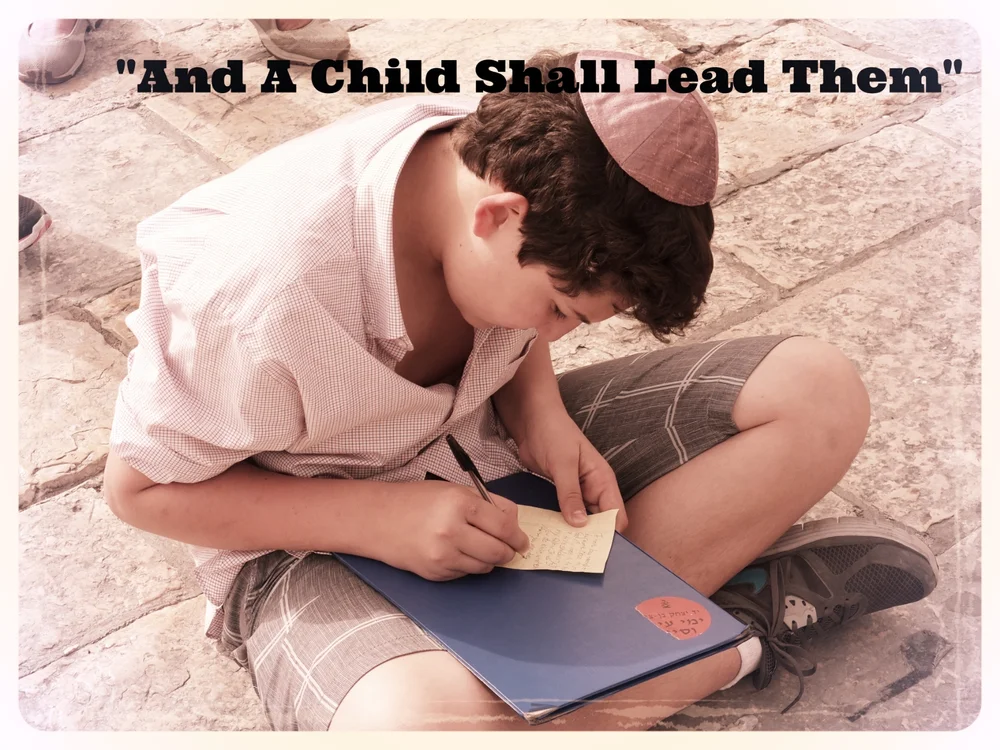"Blessed are you, Lord our God, and God of our fathers, God of Abraham, God of Isaac, and God of Jacob..."
*The Amidah is recited three times a day by observant Jews.
*The Amidah prayer is often referred to as "The Prayer" or "Tefilah" because it's at the core of every worship service
*Amidah literally means, "standing" and refers to a series of blessings recited while standing.
*The Amidah is also called the Shmoneh Esreh, "The Eighteen," in reference to the original number of blessings in it. (There are now 19.)
*Every Amidah is divided into three central sections: praise, petitions, and thanks.
*The blessing begins and ends with a formal bow, symbolizing our subservience to God.
*The prayer is recited standing with feet firmly together, and preferably while facing Jerusalem.
*Each blessing ends with the signature "Blessed are you, O Lord..."
*The first three blessings and the last three remain constant, framing the Amidah used in each service, while the middle 13 blessings are replaced by blessings specific to the occasion.
*According to Jewish law, the first blessing of the Amidah must be said with intention; if said by rote alone, the worshipper must go back and repeat it with intention.
*The first blessing is called Avot, Hebrew for "ancestors," and serves as an introduction to the God of our biblical heritage, connecting us to the Divine
*The second blessing of praise is called Gevurah (might), which describes those powers which are only God's: "Your lovingkindness sustains the living, your great mercies give life to the dead."
*The final blessing of this opening section of praise is called the Kedushah, or holiness. There are two versions of this prayer, one when recited silently by individuals, the other, much longer, is a series of prayers and responses by the leader and congregation when the Amidah is repeated on behalf of the community.
*On weekdays, the middle section of the Amidah consists of 13 blessings that are individual and communal requests to God.
*On Shabbat and holidays, instead of requests that might distract us by reminding us of our physical and national wants and needs, the Rabbis established the middle section as an opportunity to celebrate the holiness of the Sabbath day or the festival.
*The final section of every Amidah concludes with blessings of thanksgiving to God:
Avodah = service
Hoda'ah = thanks
Shalom = peace
Rabbi Daniel Kohn: http://www.myjewishlearning.com/texts/Liturgy_and_Prayers/Siddur_Prayer_Book/Amidah.shtml?p=0

